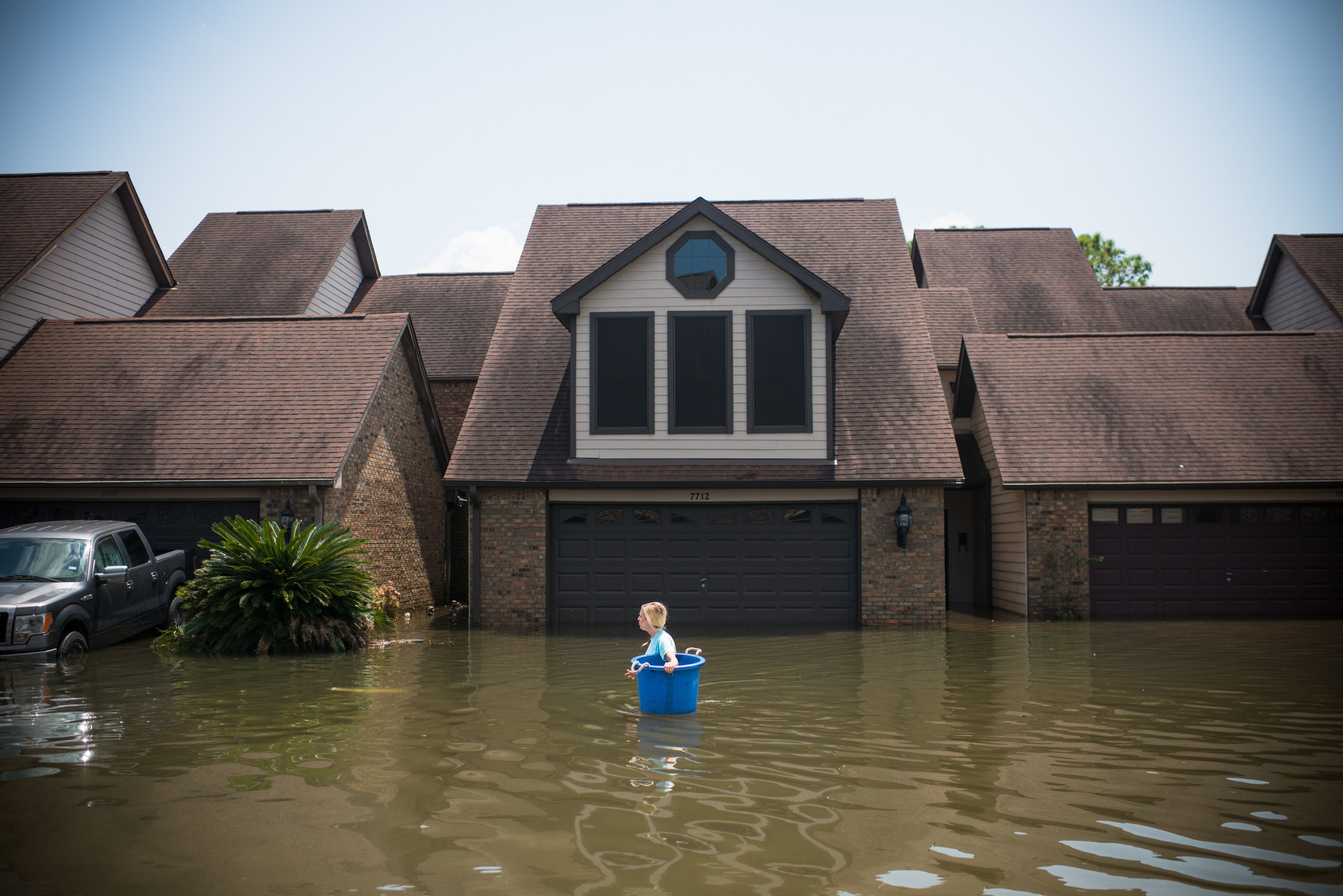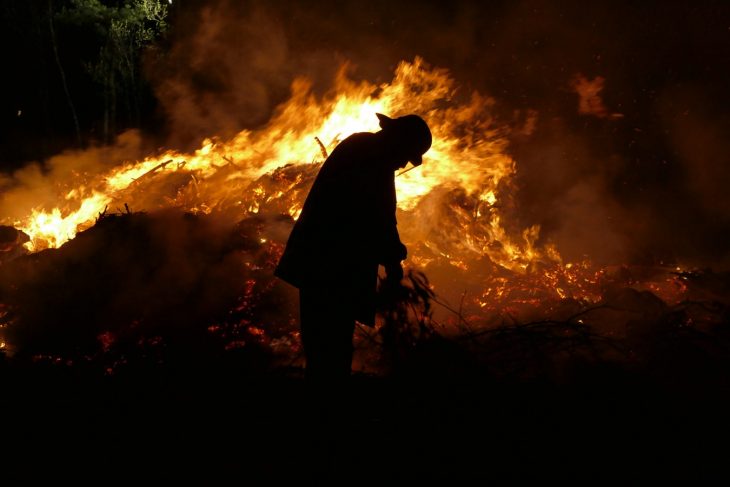


#Flooding and fire too much dmg free
They may have free help available to you. Call FEMA: Alert FEMA of your situation by calling them at 1.800.621.3362.Tips for Filing a Claim Make the Necessary Calls: We at Ramsey Solutions know the road ahead may be a long one, but we are so grateful that you are safe-and you are home. Here are some helpful tips to support you as you navigate the days ahead-from documenting damage and tackling cleanup safely to taking preventative measures. But now that you know your house flooded, how do you start the recovery process while trying to file your claim? And what about rebuilding? Can you do it in a way that will protect your home from flooding again? Perhaps you live in a high-risk flood zone and this is all too familiar territory, or maybe you evacuated just to be safe, never expecting to deal with any actual loss. If your car is totaled (considered a total loss) by the insurance company, be sure to review what that means with your insurance agent.Like many recent hurricane victims, you may have found yourself coming back home to an unwelcome guest-flood damage. Once the extent of your vehicle's flood damage is determined, your insurance company will weigh the costs to repair the vehicle against the cost of replacing it. If water is found in the fuel (which would naturally separate from the fuel), they will empty the fuel tank completely. A siphon pump might be used to remove some fuel in order to see if water is present. The mechanic might need to replace electrical components. They might use a wet/dry vacuum to collect standing water in your vehicle, cloth towels to absorb water that has soaked into the seats and carpet, and fans and dehumidifiers to accelerate the drying process. If floodwaters were more than a few feet deep, water probably made it to the inside of your car. If the car is not totaled, you’ll want to do this again after the car is in good condition and you've been driving it for several hundred miles. Change the oil and transmission fluid.Remove water-damaged cylinders and check for corroded spots.

If that's the case, the cylinders, which are supposed to compress air instead of water, may be broken. Look for water droplets, which likely indicate that there is water in your engine. Your insurance company, along with a qualified mechanic, will uncover how extensive the problems caused by flood damage may be.

Oil, transmission fluid and lube may need draining before a tow. Start drying out your vehicle as quickly as possible, and contact a towing service to get it back to higher ground. Submersion of a vehicle in salt water - which is more damaging than fresh water - makes the chances of corrosion much higher. Avoid starting a flooded car - this will cause more damage if there is water in the engine. Note the depth of the floodwaters in relation to your car. Here's what to do after the waters recede. If floodwaters partially or fully submerge your car, it can mean extensive damage and costly repairs.


 0 kommentar(er)
0 kommentar(er)
